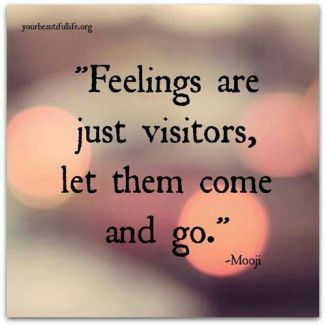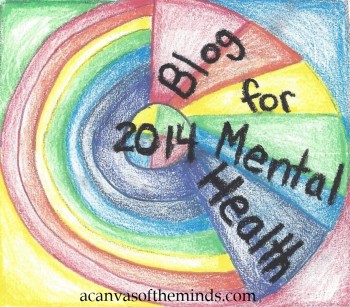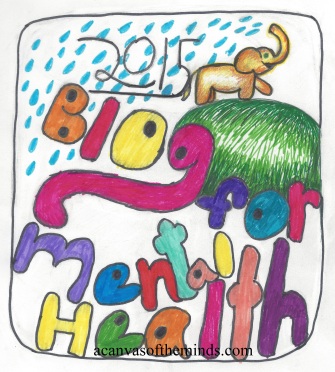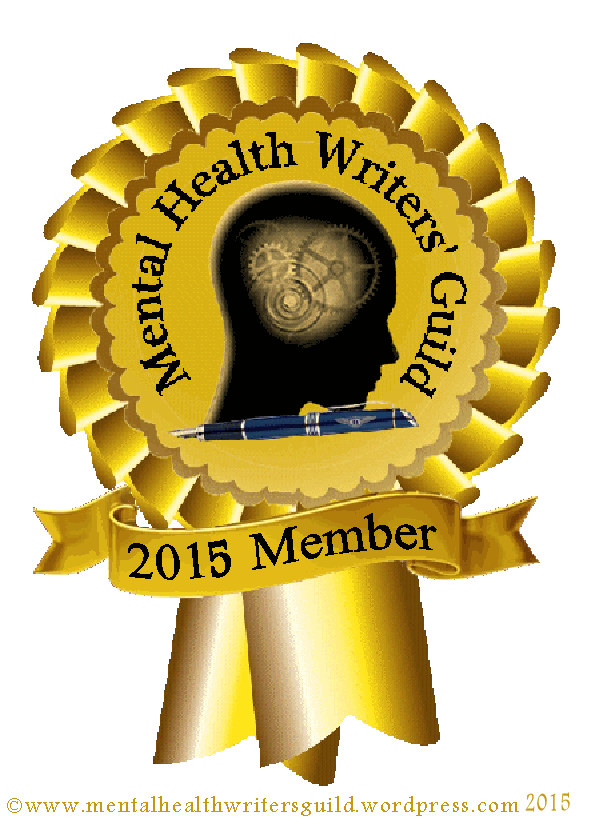
Every year the student group that I advise, Active Minds, hosts a mental health panel in which students with a mental illness share their stories. A few years ago, during the Q and A portion of the program, I asked the students to say what other people can do to be helpful to someone who is in pain.
I have written often about how, in our attempts to be helpful, we say unhelpful things. We give unwanted advice. Tell people to push through. To look on the bright side. To count their blessings. Or perhaps we are so afraid that we will say the wrong thing that we say nothing at all. Pretend that we don’t see their suffering.
Occasionally students will make an appointment to ask for advice on how to help someone in pain. And the advice that I usually give is to ask the person what they can do to be helpful. But often we don’t know what will be helpful because we are so unaccustomed to caring for ourselves, to practicing self-compassion. So I was genuinely curious about what the students on the panel had to say about what they found most helpful.
All of the students essentially gave the same answer: the thing that they found the most helpful was to have someone be fully present. To listen. To let them be sad, anxious, angry, or whatever else they were feeling. So seemingly simple, yet difficult to do.
I teach clients how to practice mindfulness and self-compassion because we can’t control whether other people will be fully present, but we can always choose to be present with ourselves. And until we are able to sit with our own feelings, we cannot bear witness to other people’s pain.
Although it was not my conscious intent to use my blog for this purpose, often my posts are my attempts to practice being present with my pain. I keep a journal where I do the same thing. I read books on mindfulness and compassion. I meditate regularly. Nevertheless, when I wake up to another day of feeling anxious or depressed, or whatever crappy feeling I’m experiencing, I just want it to go away, just like everybody else.
I have started reading Wisdom and Compassion in Psychotherapy, and today’s chapter was on mindful presence. Tara Brach suggested that, whenever we are feeling something painful, we whisper to ourselves, “I consent.”
I have to admit, my first response when I read this was, what the? I consent? That’s a little more inviting than what I was going for in trying to be fully present. But it’s true that there’s this resistance that I feel in my mind and body when I don’t want to face something painful. This instinctive response to brace myself against it. And today while I was meditating I caught myself doing it and remembered to allow myself to feel the pain, and it did help.
So I’m going to try to give this strategy a shot. No matter what I’m feeling, I’m going to consent to it. Allow it to be heard and felt. I’ll let you know if anything interesting happens.






Google/YouTube Thich Nhat Hanh on Compassionate Listening. His works are filled with this instruction. When I did suicide hotline counseling that was what I got training in. Loved it!
LikeLiked by 1 person
Will do!
LikeLike
Many of our members are told exactly this ‘Push through. To look on the bright side. To count their blessings’. It’s not always helpful or welcome. Actually being heard is often key. Thanks for this article. I’ll pass it on to our members via our pages
LikeLiked by 1 person
Thanks Kim!
LikeLike